085 #opendatach
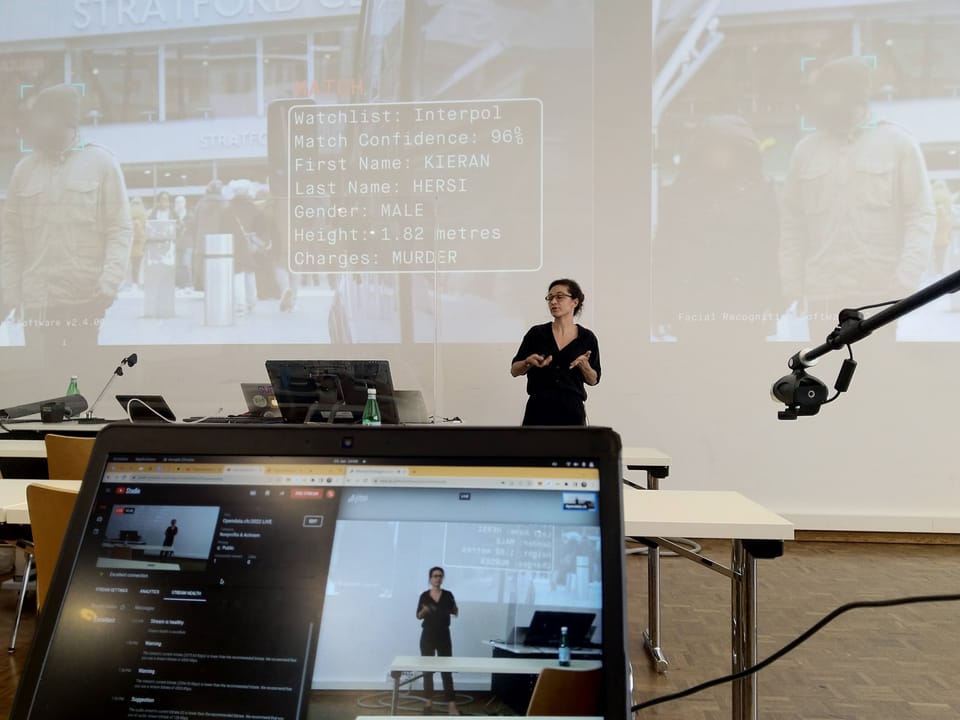
A few thoughts on occasion of the annual Opendata.ch event in Bern this week, celebrating 10 years of the association that brings together a community of people across Switzerland campaigning for political and technical reforms in the area of data accessibility.
The past months have been a chance to see data in action in the form of crisis-campaigns, administrations collaborating with NGOs, hosting refugees, opening doors, shaking up decades-old practices to meet urgent demands. It has been a harrowing to hear stories of humanitarian rescue and political tight-rope acts, with a war and cyberwar raging in the background.
The #StandWithUkraine movement (data source above) has been a foundation on which to question and rebase my outlook on the world, to try to defy all attempts to put flags, economic gains or cultural mores above a path to lasting peace. Not bought, not contrived, not in any way assumed to be permanent - hard maintained peace amongst people. How does the open movement come into play here?
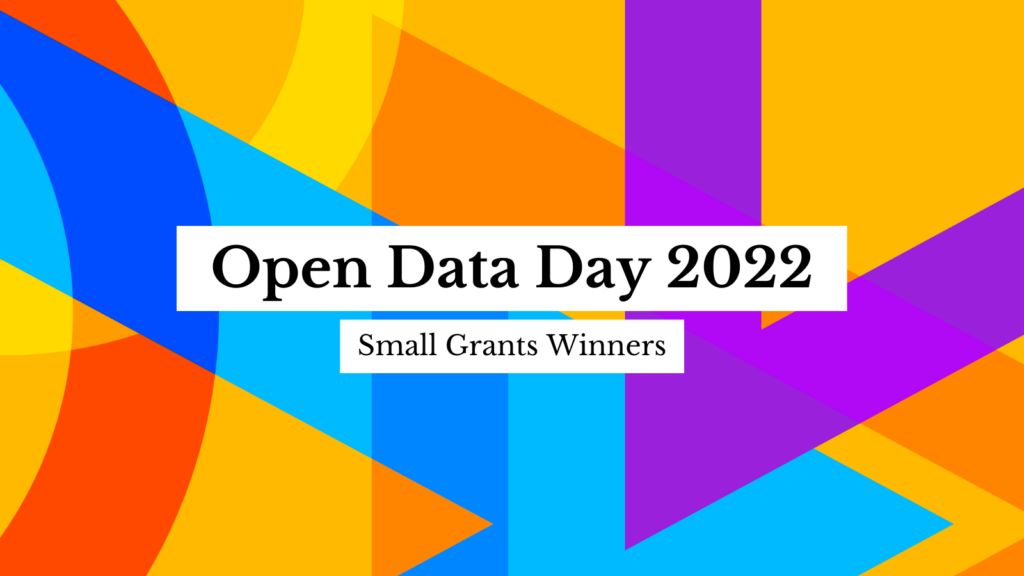
As as a civil society, we are engaged with questions that range from everyday issues of individuals to high level reforms and global rights. The goal is usually to create pragmatic solutions, go beyond quick technology fixes that end up having a high cost in the long term. We recognize the power of data - and the many risks of bias and abuse.
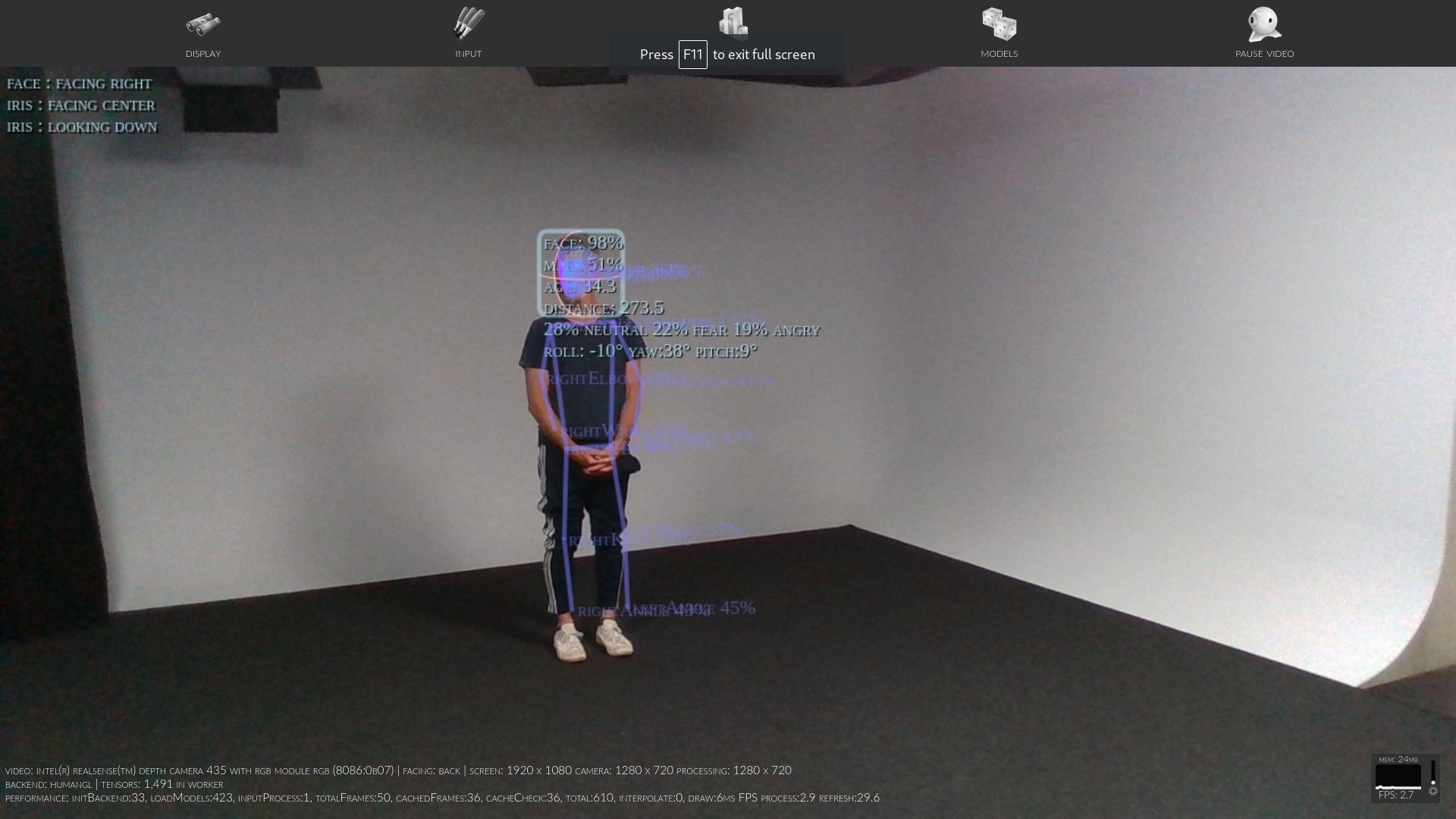
Our vision is a world that is more fair, more inclusive, when transparency is both legislated and enforced, where we do not just passively comply with ubiquitous surveillance, and are able to protect our digital rights - and watch the watchers - through the lens of investigative data journalism, scientific analysis, and the many-eyes of the crowd.
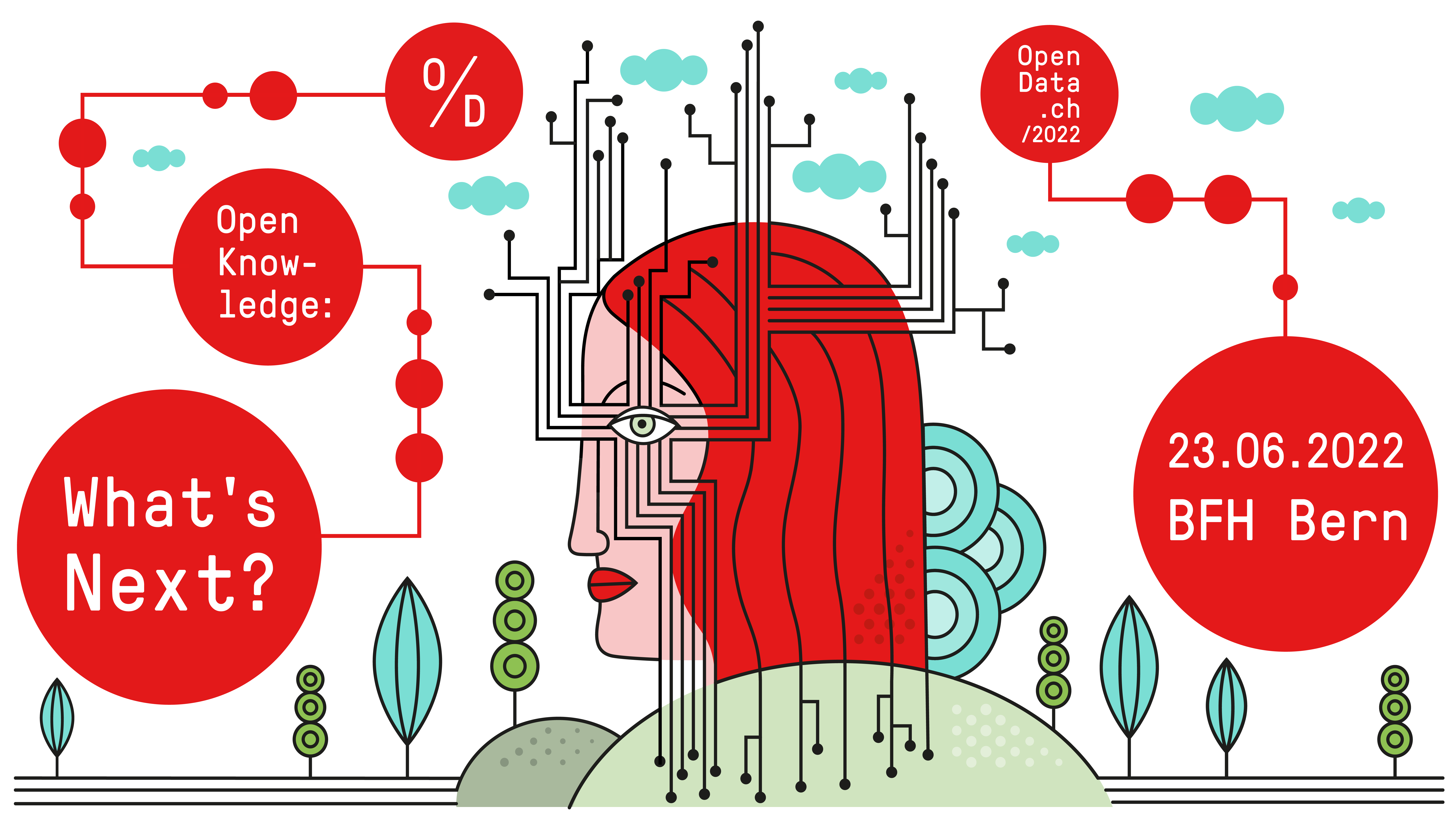
On the horizon for our local movement is Open Data by Default - the legislation coming into effect at the end of the year that should cement a proactive digitalization strategy in Switzerland, and encourage even closer exchange and feedback loops with civil society.
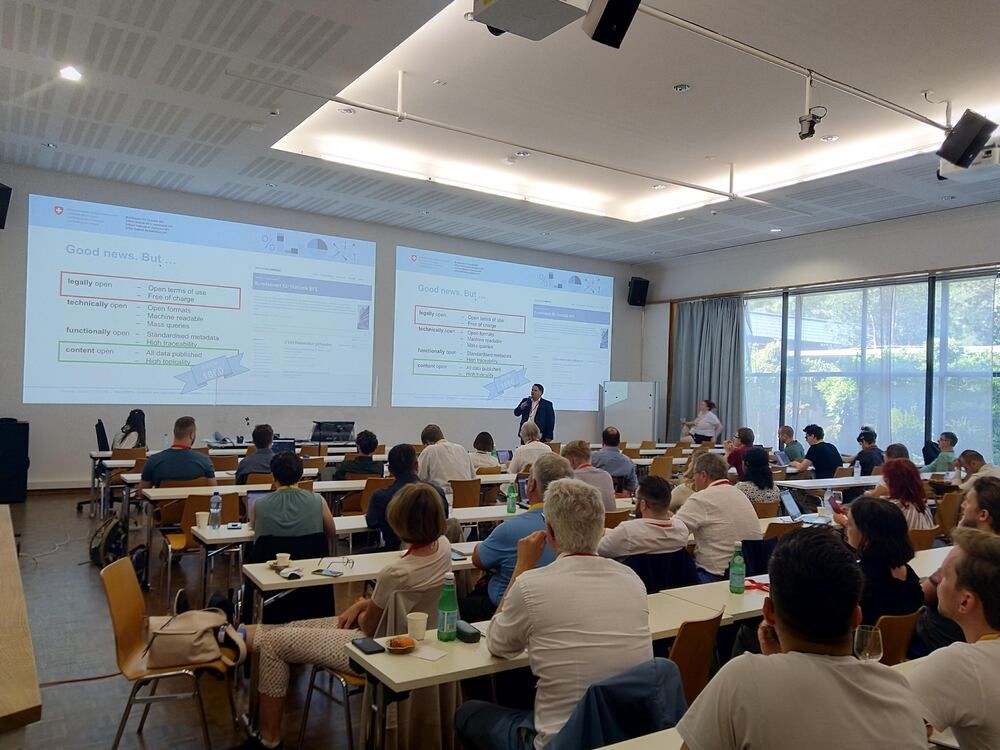
Read my notes on the forum for some background to the EMBaG law. The challenges and expectations towards the community were aptly summed up by Thomas Schulz (above) and Petra Keller Gueguen (below) in the keynotes of our annual meeting.
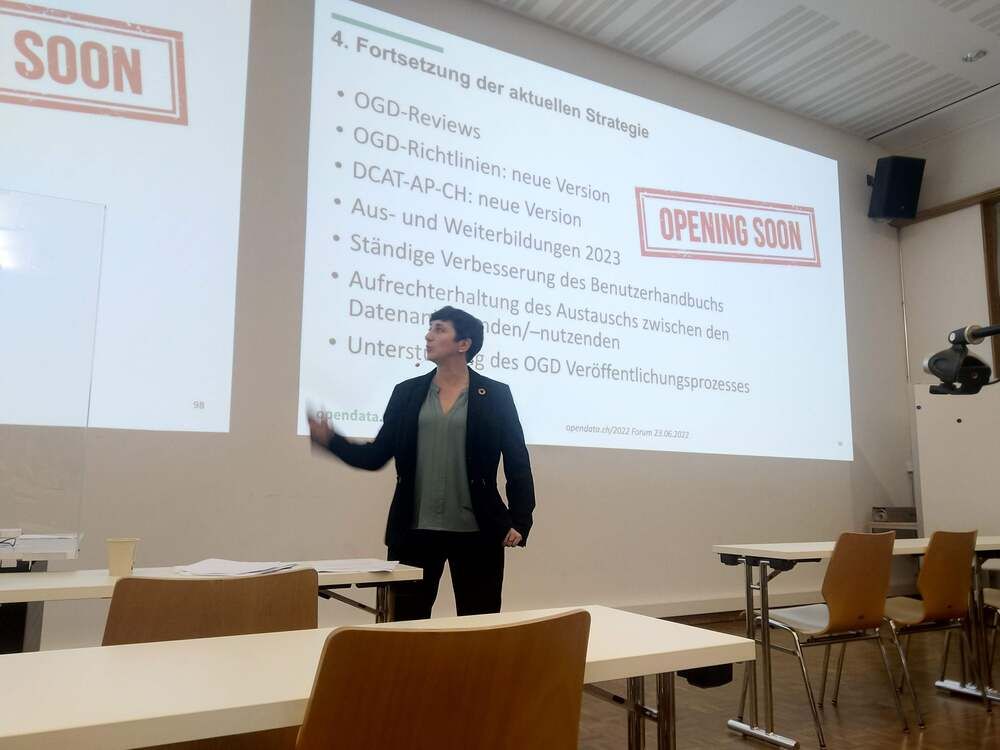
Internationally, we have gotten discouraged under continuous threat of governments and non-state actors who are extinguishing openness and transparency, often undoing our efforts while unapologetically pursuing exploitative agendas and secretive (or apparent) power struggles. Strong leadership and renewal of commitments across north and south, east and west, is needed more than ever.
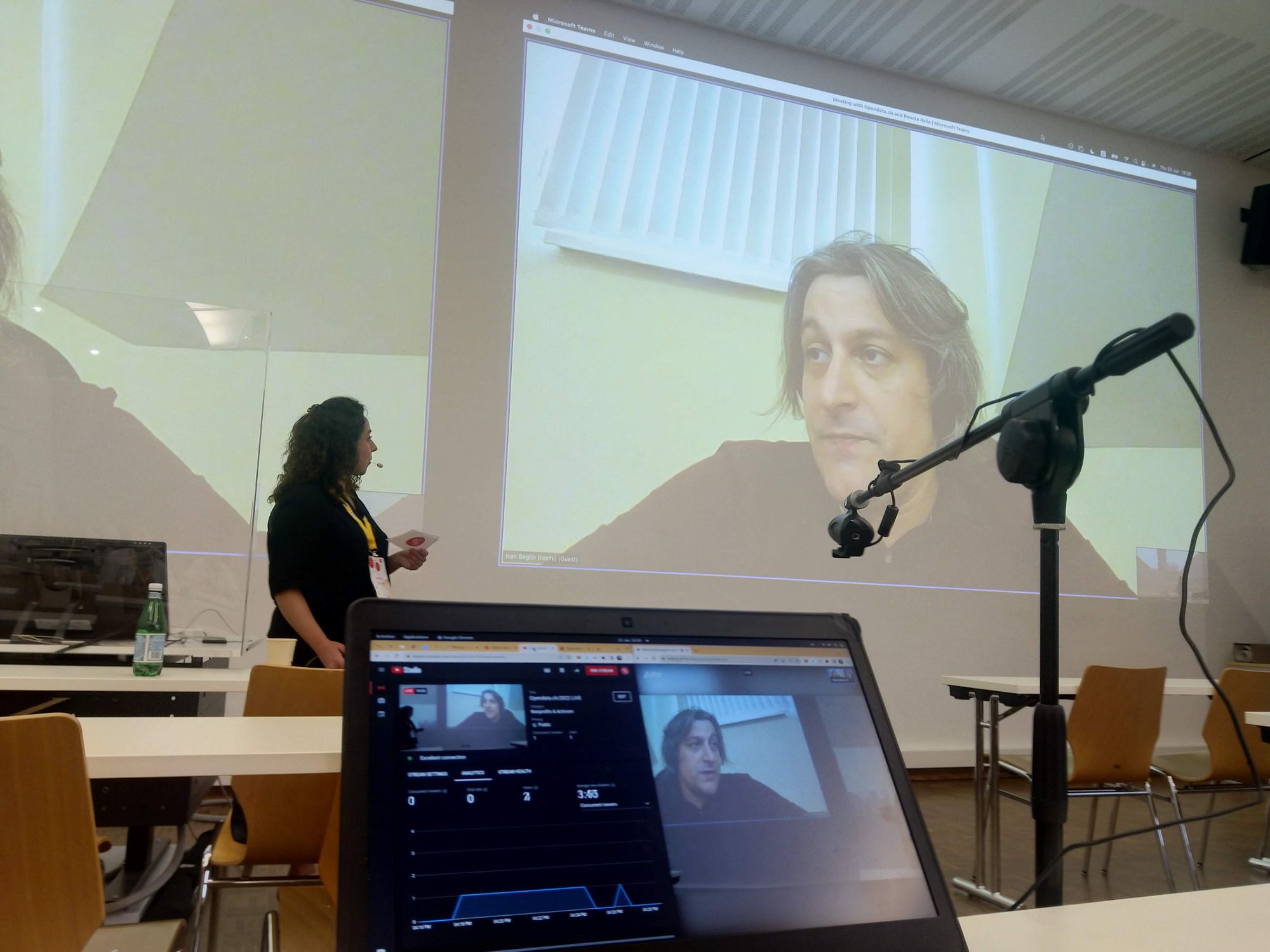
"Don't mind what's going on with us, keep your focus on helping the Ukraine." The activist Ivan Begtin from the Russian chapter, meeting with Renata Ávila, CEO of the Open Knowledge Foundation who joined our conference in Bern today to share words of fire. Watch my smartphone recording of Renata's morning seminar, and be 🔥 by the stakes at play in the State of Open Knowledge:
A few impressions from social media follow - more will soon be available on our association's channels.
The first keynote of the afternoon is from @angela__mueller from @AlgorithmWat_CH on #Algorithms, control, and accountability. #odch22 #odch2022 pic.twitter.com/DmZ8pVJVDm
— Opendata.ch (@OpendataCH) June 23, 2022
Thank you #alexandragavilano from @greenpeace_ch for illustrating the potential of #opendata for climate protection. Understand, identify, adapt and empower action based on data! #odch2022 pic.twitter.com/wVrP3cHajz
— Nikki Böhler (@n3ijoy) June 23, 2022
[EN] What role do maps play in communicating narratives regarding #climatechange #climatecrisis #ODCH22 pic.twitter.com/WLps4I1oEI
— geo.admin.ch (@swiss_geoportal) June 23, 2022
Open knowledge meets foresight. Go beyond situational awareness and trendlines to create 'strategic action points' through #futurestudies - suggests Stephan Hartmann of @DezentrumCH in a session at #ODCH2022 #opendatach pic.twitter.com/8IEs5wEC2Y
— Olеh Lаvrоvskу (@loleg) June 23, 2022
Melanie Einsiedler of @womensbrainpro: "Almost all (!) brain and mental diseases exhibit a sex bias." 😳 And then there's the #genderdatagap... @womensbrainpro strives to address this. #ODCH2022 #opendatach pic.twitter.com/U76Ny4yORQ
— Ralph Straumann (@rastrau) June 23, 2022
#ODCH22 Flows of #opendata in Switzerland... the "before" draft pic.twitter.com/Z2SoQ7QNVm
— Emilie Boillat (@eboillat) June 23, 2022
The "after" snapshot #ODCH22 pic.twitter.com/ELh8W6FjjY
— Emilie Boillat (@eboillat) June 23, 2022
10 years of @opendatach: Lots to unpack in this #OpenData definition by @golliez at #ODCH2022 pic.twitter.com/FmloZoxgQm
— Ralph Straumann (@rastrau) June 23, 2022
We're celebrating 10 years of https://t.co/7LyLPFHKp4 today. Thanks to @golliez and @hannesgassert for the lovely words. And many thanks to @liip for the very lovely and delicious birthday cake.#odch22 #ODCH2022 pic.twitter.com/CaWcxho5zA
— Opendata.ch (@OpendataCH) June 23, 2022
Want to help shape the future of #opendata in Switzerland? Fill in this survey. #odch22 https://t.co/SfOOiWFJsW
— Opendata.ch (@OpendataCH) June 23, 2022
«Elements of a possible digital future, beyond open», a wishlist presented by @avilarenata at #ODCH22 pic.twitter.com/qrH86BVzMX
— Stefan Oderbolz 🇺🇦🕊️ (@odi) June 23, 2022
Many thanks to the organizing team, supporters, and all who came out and stayed till the apéro and rainy afterparty featuring the On Data & Design presentation on Visual Complexity:



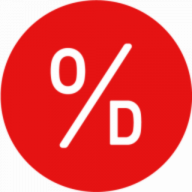
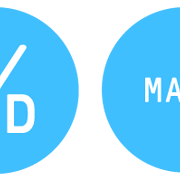
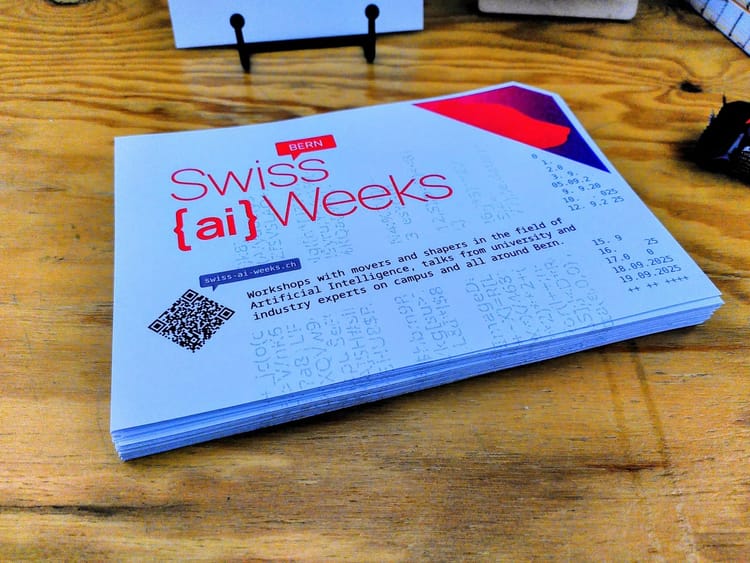

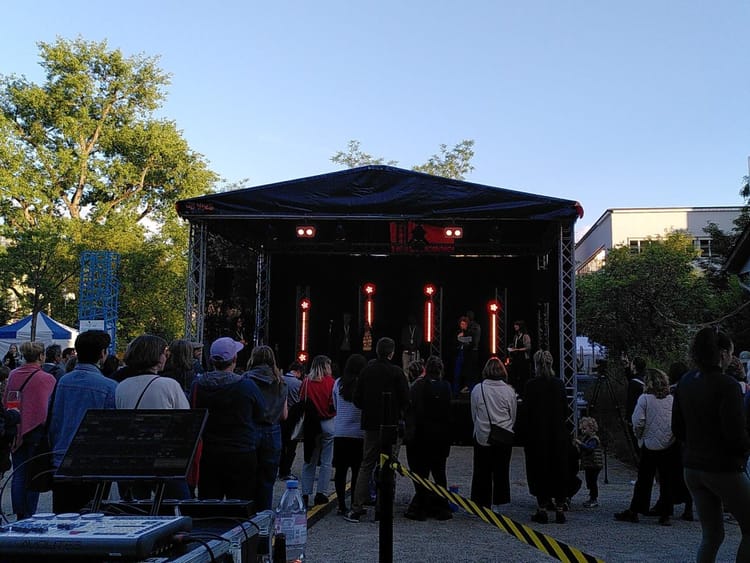
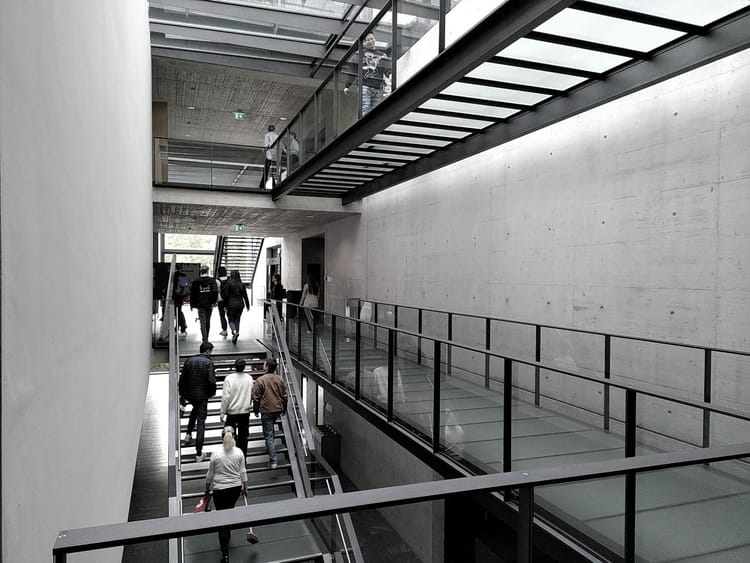
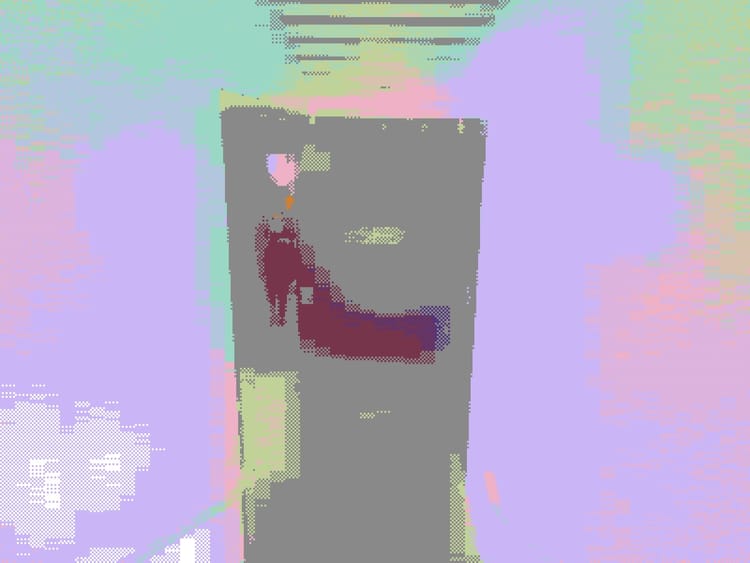
 The works on this blog are licensed under a Creative Commons Attribution 4.0 International License
The works on this blog are licensed under a Creative Commons Attribution 4.0 International License